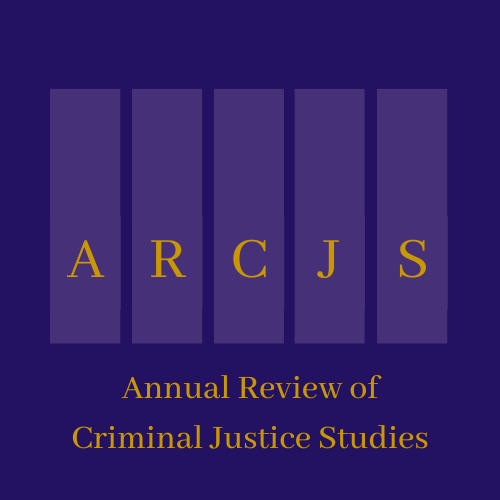Why Solitary Confinement Must Be Abolished
A Call for Reform in U.S. Corrections
Keywords:
solitary confinement, Prison Reform, Rehabilitation in prisons, Mental health impacts, Physical health impacts, Abolishment, alternatives to solitary confinementAbstract
Solitary confinement, a practice that isolates people who are incarcerated in small cells with minimal human contact, is widely used in the United States despite being criticized by human rights organizations. It was initially used for rehabilitation and now serves as a punitive measure, leading to severe mental and physical health issues, including depression, anxiety, psychosis, and chronic pain. It also contributes to higher recidivism rates, contradicting its intended purpose of correction and rehabilitation. While some argue that it ensures safety and order, evidence suggests it is often misused and disproportionately affects marginalized communities. This paper examines the historical origins, harmful effects, and inefficacy of solitary confinement, along with the arguments against it. Finally, it explores humane alternatives that emphasize transparency, individualized care, and rehabilitation, advocating for systemic reform to replace solitary confinement with more effective and restorative practices.

